Why a vulnerable Mac is not necessarily an insecure one
Just because an attack on OS X is possible, doesn't mean it will happen
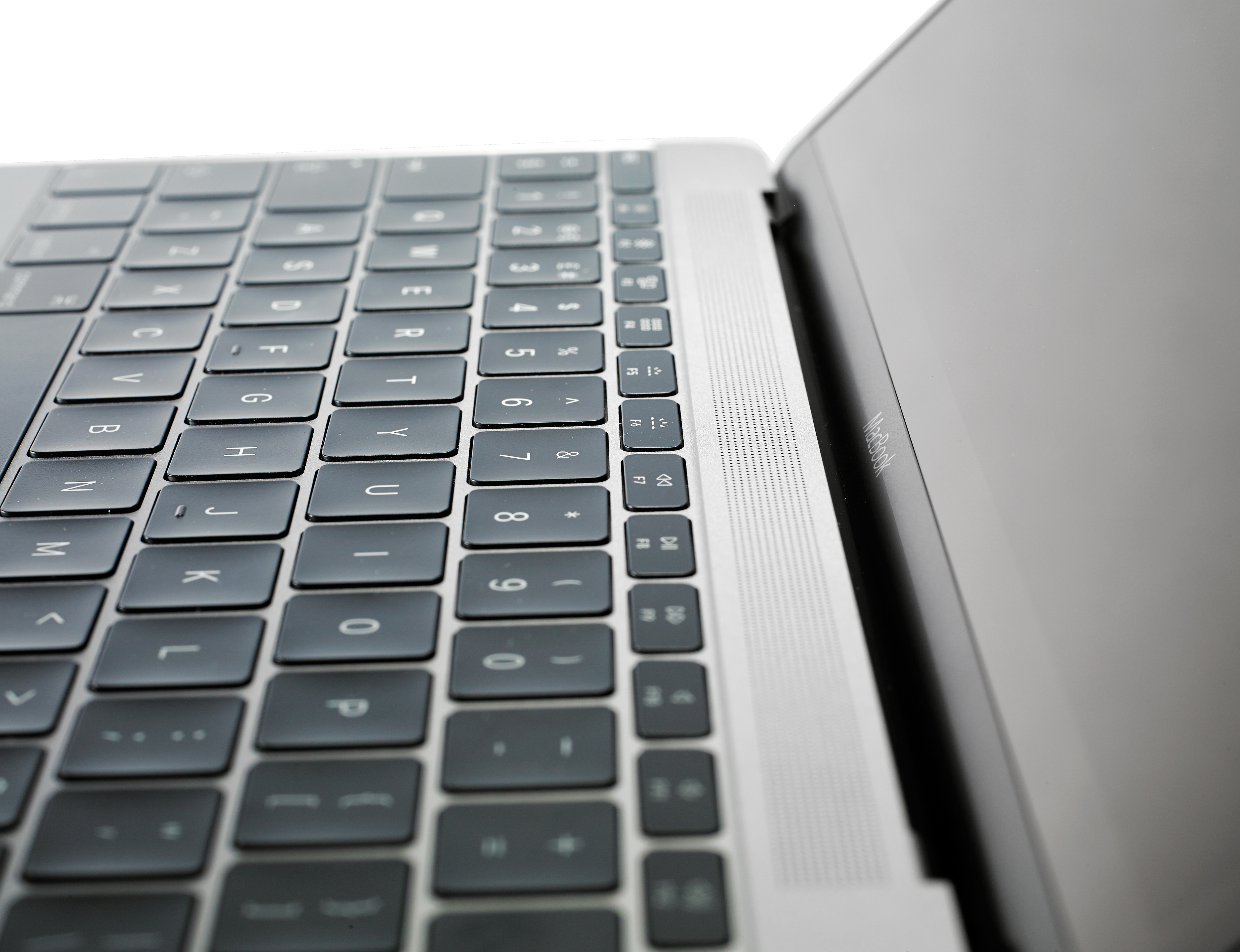

Over the years I have been on the receiving end of many an email-bashing for suggesting that Apple needs to take security more seriously. So it may come as something of a surprise to discover I disagree with the conclusion of newly released research which appears to suggest that Mac users have inadequate protection against attack, and that this is particularly concerning given the number of high severity security vulnerabilities for Mac OS X.
The research from San Francisco based managed infrastructure and security specialists Opswat(www.opswat.com), which has a high SMB/enterprise market share for peer-to-peer file multiple antivirus engine scanning and document sanitisation (deployed to more than a 100 million endpoints), included data from Macs for the first time. This enabled the company to make a direct comparison between Windows and Mac devices, and that's where it gets interesting and, in my opinion, goes a bit astray.
OK, let's get the nitty gritty out of the way first. The market share report included data for peer-to-peer file sharing products, the use of file sharing, antivirus software and RTP (Real Time Protection) between both Windows and Mac users. Because it included Mac device data, it drew comparisons between the security practices of the two.
While 75.5 per cent of Windows users had at least one antivirus product installed, only 50 per cent of Mac users did. The conclusion drawn being that many Mac devices are left without adequate protection given "the number of high severity security vulnerabilities for Mac OS X." Windows users also outperformed Mac users with their use of RTP, 61 per cent of Windows AV with RTP enabled against 35 per cent of Mac AV, an important part of protecting a device from malware and other Potentially Unwanted Applications (PUAs). There wasn't much difference between Windows (31.1 per cent) and Mac (25.7 per cent) when it came to installed P2P file-sharing installations being found.
Adam Winn, senior manager for Opswat, said "the prevalence of P2P file sharing software in combination with the relatively low utilisation of real time protection is not a good indicator of the overall security status of Windows and Mac computers in BYOD and small business environments. Peer-to-peer file sharing software by itself is generally harmless and can be used very effectively for rapidly and legally downloading files. Unfortunately the P2P installers are usually bundled with adware, and sometimes even malware."
Which I have no beef with, at all, as it does not make a big hoo-ha over the difference in machines. However, I do have a beef (even as a vegan) with the idea that Mac users are insecure because there are vulnerabilities out there and they don't use antivirus.
We are told, time and time again (and I may well be guilty for having repeated this in the past) that the only reason Mac users are not falling victim at the same rate as Windows ones is that the cyber criminals only focus on the Windows market as it's so much bigger and therefore so much more profitable.
Get the ITPro daily newsletter
Sign up today and you will receive a free copy of our Future Focus 2025 report - the leading guidance on AI, cybersecurity and other IT challenges as per 700+ senior executives
Which is good as far as it goes, which isn't very far. Data is data, and Apple users are a pretty wealthy and desirable demographic don't you think? If it were really that easy to exploit a known 'high severity' vulnerability which could give the attacker the keys to the kingdom that, well, someone would be doing it and doing it wholesale by now? And there's the thing, if they were then the media column inches would be full of it, and they are not.
I spoke to Troy Gill, manager of security research at AppRiver, who told me he was not surprised to find that Mac users have a much less proactive approach when it comes to installing AV and using real time file protection.
"One thing I think the data did an excellent job of illustrating is that is seems that if the blackhats were to suddenly (and collectively) shift their efforts to targeting Mac instead of Windows," he said, "then Mac users would likely not fare much better than Windows users have."
But they won't, I'm willing to bet, and not just because it's a numbers game but because the exploits are not out there. Just because there's a vulnerability does not mean there is an exploit. Just because that vulnerability is similar to a Windows one does not mean that writing an exploit is as simple. Just because, just because, just because!
We should really be concerned about the number of successful exploits per platform rather than the number of unexploited vulnerabilities. Now, can someone take that Apple Fatwa off my head?
Davey is a three-decade veteran technology journalist specialising in cybersecurity and privacy matters and has been a Contributing Editor at PC Pro magazine since the first issue was published in 1994. He's also a Senior Contributor at Forbes, and co-founder of the Forbes Straight Talking Cyber video project that won the ‘Most Educational Content’ category at the 2021 European Cybersecurity Blogger Awards.
Davey has also picked up many other awards over the years, including the Security Serious ‘Cyber Writer of the Year’ title in 2020. As well as being the only three-time winner of the BT Security Journalist of the Year award (2006, 2008, 2010) Davey was also named BT Technology Journalist of the Year in 1996 for a forward-looking feature in PC Pro Magazine called ‘Threats to the Internet.’ In 2011 he was honoured with the Enigma Award for a lifetime contribution to IT security journalism which, thankfully, didn’t end his ongoing contributions - or his life for that matter.
You can follow Davey on Twitter @happygeek, or email him at davey@happygeek.com.
-
 Asus ZenScreen Fold OLED MQ17QH review
Asus ZenScreen Fold OLED MQ17QH reviewReviews A stunning foldable 17.3in OLED display – but it's too expensive to be anything more than a thrilling tech demo
By Sasha Muller
-
 How the UK MoJ achieved secure networks for prisons and offices with Palo Alto Networks
How the UK MoJ achieved secure networks for prisons and offices with Palo Alto NetworksCase study Adopting zero trust is a necessity when your own users are trying to launch cyber attacks
By Rory Bathgate
-
 Open source security in the spotlight as UK gov publishes fresh guidance
Open source security in the spotlight as UK gov publishes fresh guidanceNews The UK government has issued guidance on how organizations should manage their use of open source software components and mitigate supply chain risks.
By Solomon Klappholz
-
 86% of enterprise codebases contain open source vulnerabilities
86% of enterprise codebases contain open source vulnerabilitiesNews Research from Black Duck’s annual open source security report found 86% of codebases contained open source vulnerabilities.
By Solomon Klappholz
-
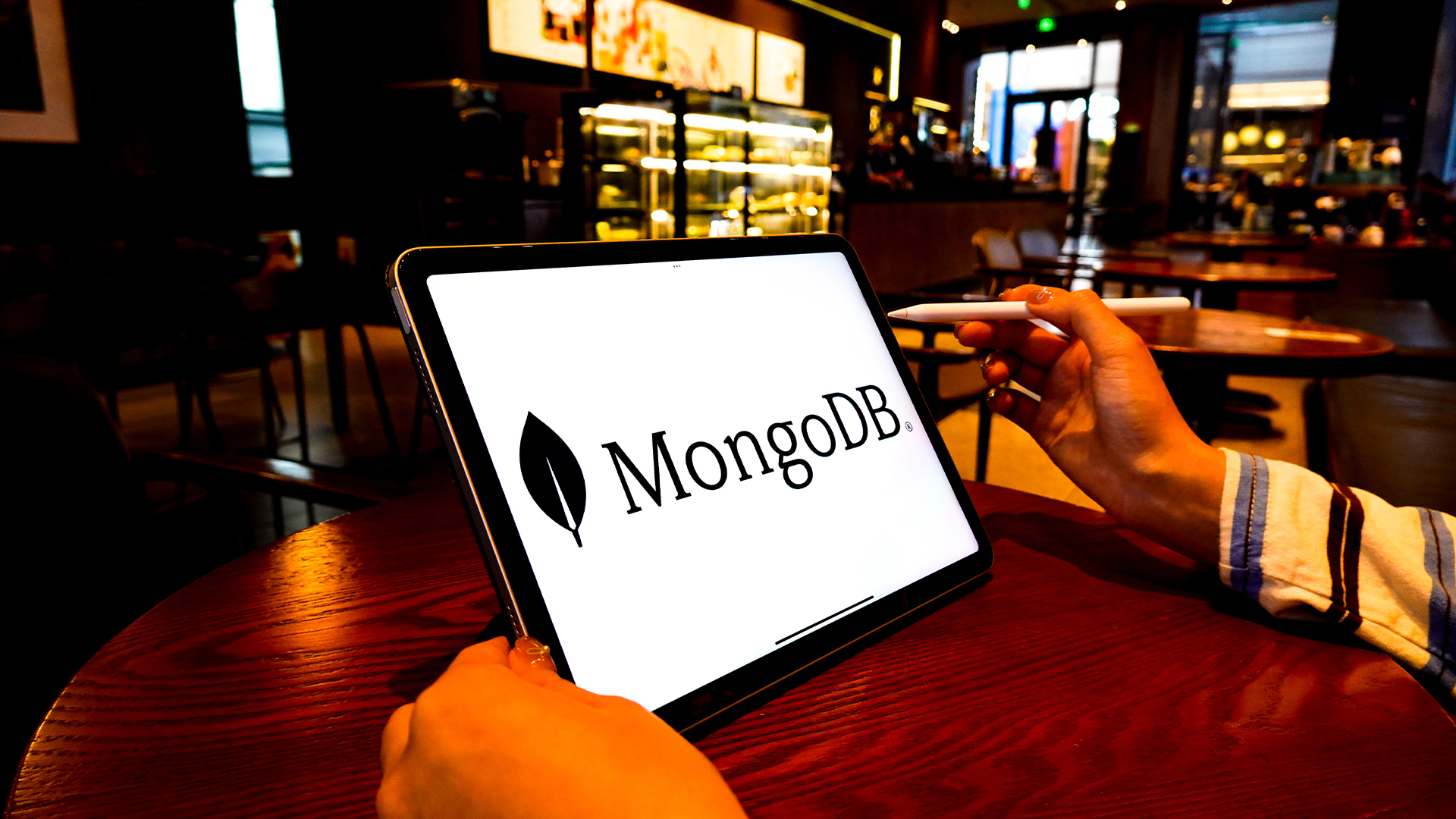 Flaws in a popular dev library could let hackers run malicious code in your MongoDB database
Flaws in a popular dev library could let hackers run malicious code in your MongoDB databaseNews A popular third party library of MongoDB could allow attackers to execute malicious code on company servers.
By Solomon Klappholz
-
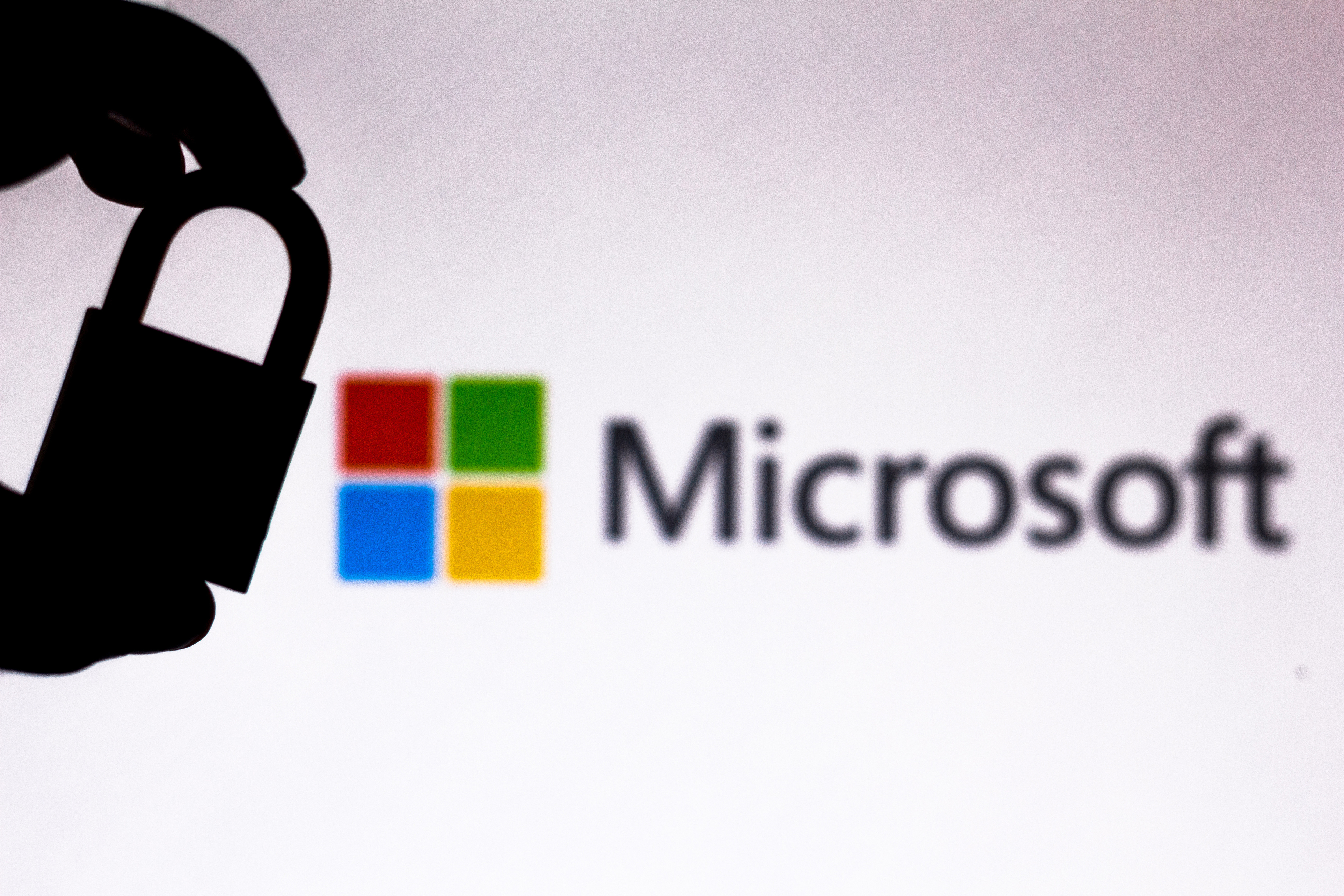 Microsoft defends “negligent” security approach that prolonged vulnerability fix for five months
Microsoft defends “negligent” security approach that prolonged vulnerability fix for five monthsNews The tech giant has refuted claims that its practices have left customers “in the dark”
By Ross Kelly
-
 Google patches second Chrome browser zero-day of 2022
Google patches second Chrome browser zero-day of 2022News Google acted quickly to secure against the type confusion vulnerability that was under active exploitation
By Connor Jones
-
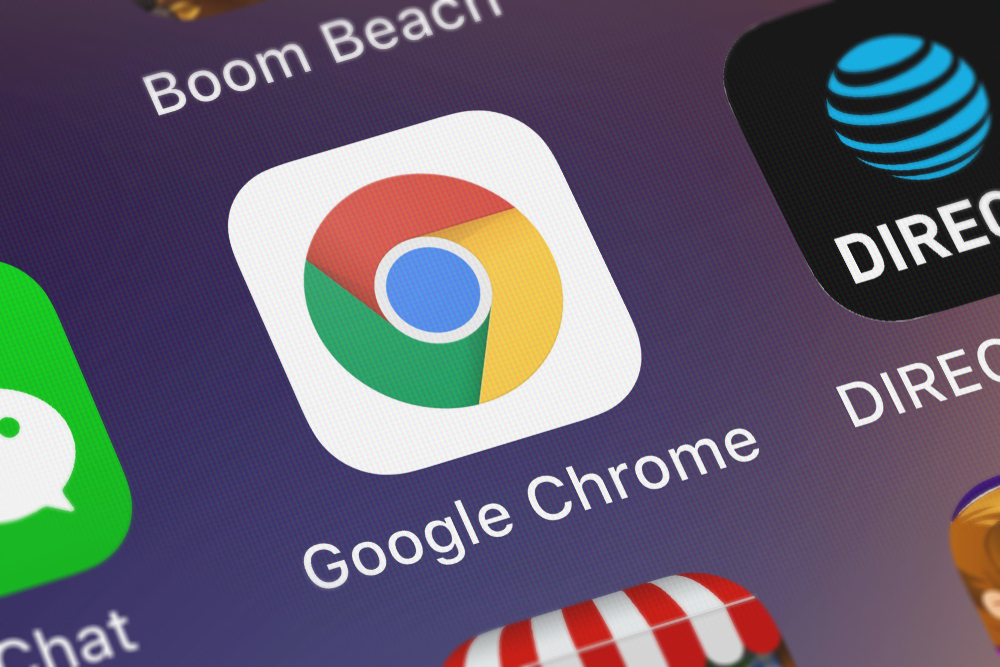 Google Chrome update fixes zero-day under active exploitation
Google Chrome update fixes zero-day under active exploitationNews Google releases a fresh wave of patches for severe vulnerabilities that could facilitate code execution and system takeover via Google Chrome
By Connor Jones
-
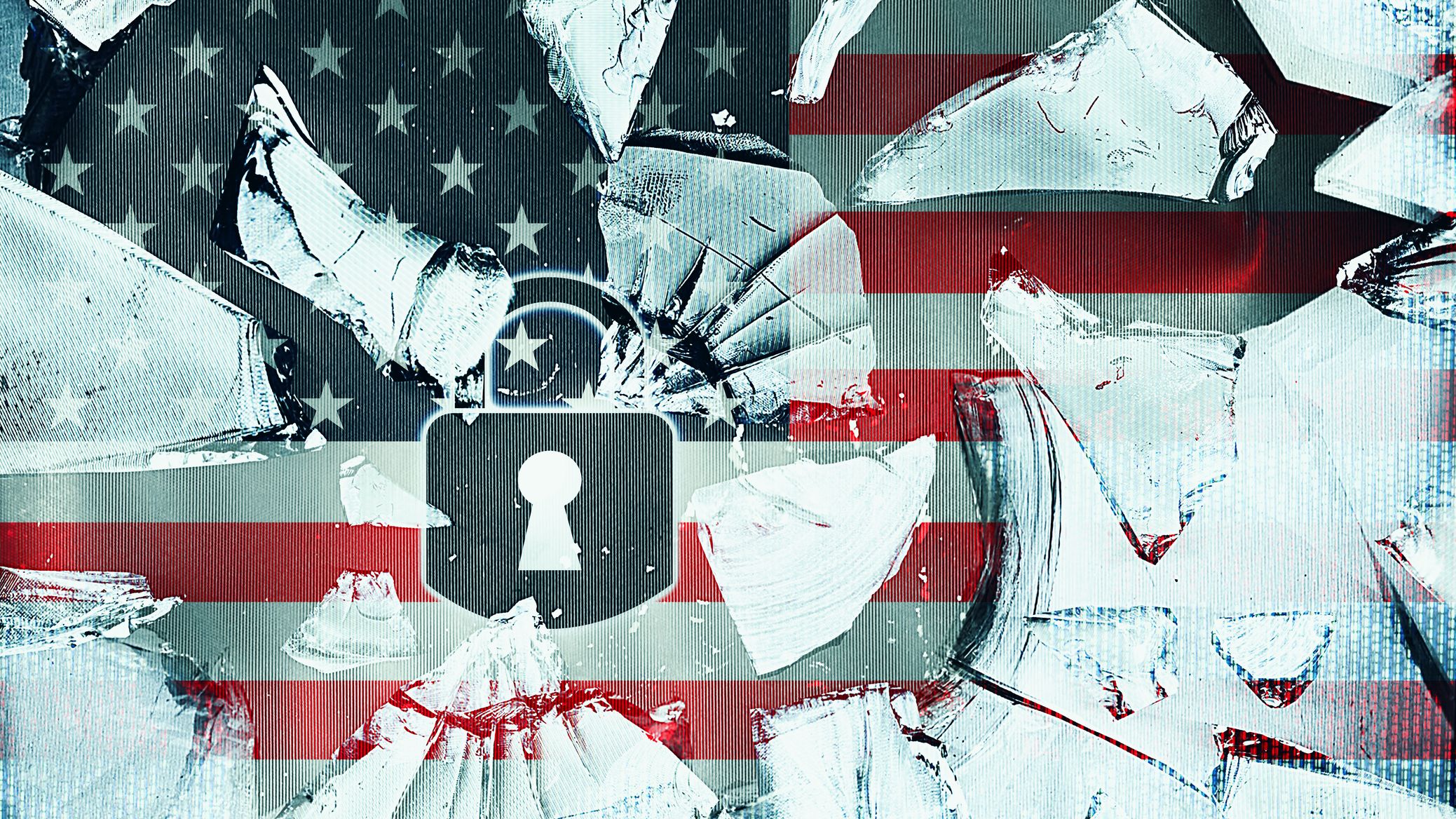 CISA updates must-patch bug list for federal agencies
CISA updates must-patch bug list for federal agenciesNews Latest collection includes bugs up to seven years old that are still exploited in the wild
By Danny Bradbury
-
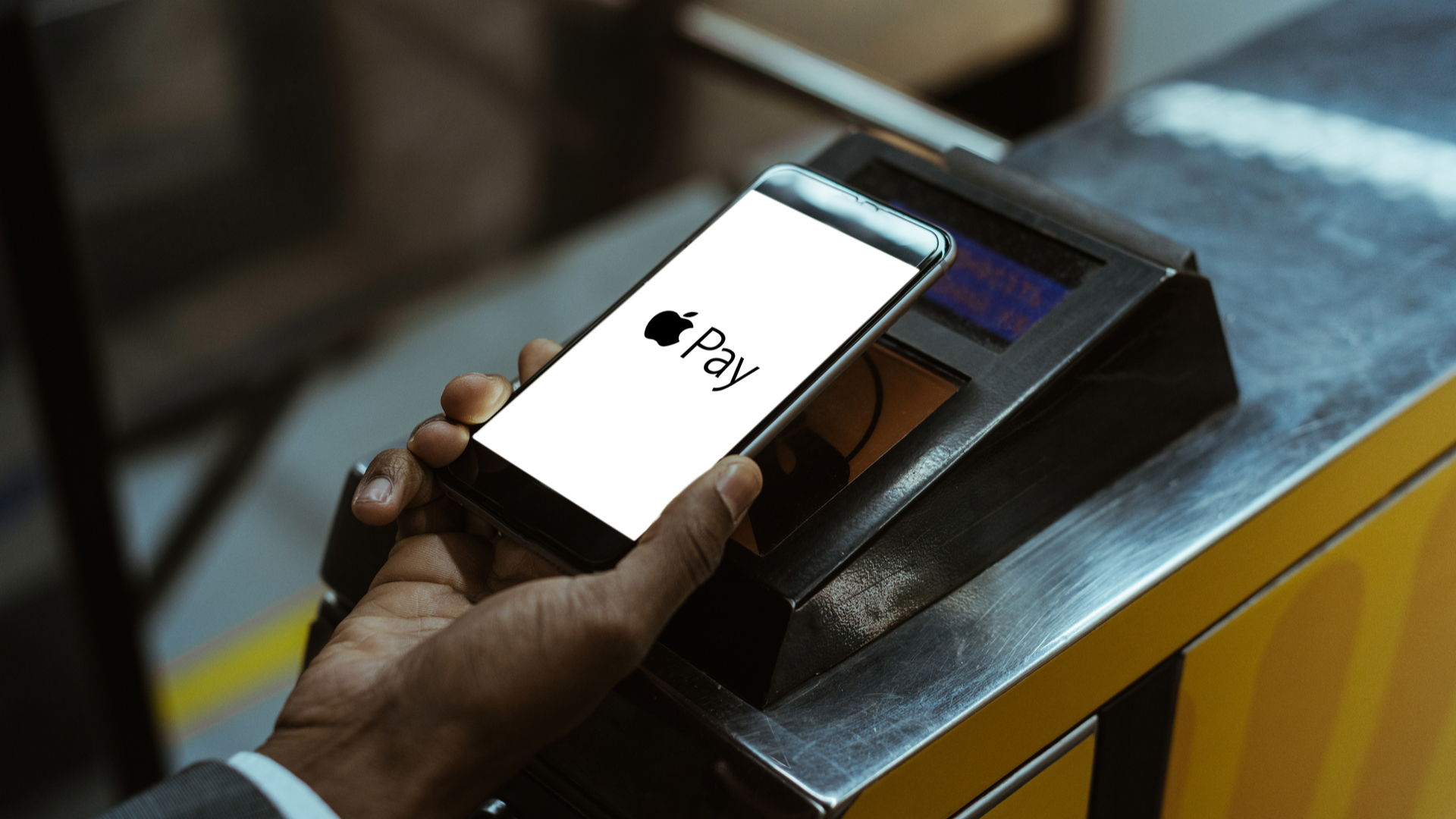 Visa card holders using Apple Pay warned of payment exploit that bypasses user authentication
Visa card holders using Apple Pay warned of payment exploit that bypasses user authenticationNews Commuters are being urged to disable Apple Pay express transit mode for Visa cards
By Sabina Weston